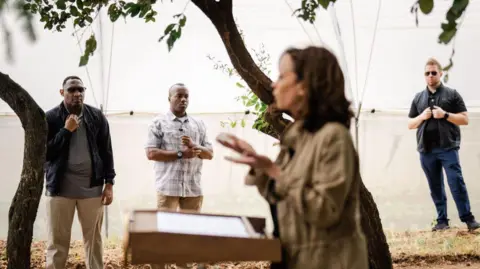The king of South Africa's large Zulu community, King Misuzulu kaZwelithini, has issued a challenge to cultural expert Prof Musa Xulu to a stick fight, asserting he was personally insulted, along with the entire Zulu nation. This confrontation took place in front of thousands at the annual Reed Dance held at the king's newly built royal palace.
We are angry and we will do anything to protect and preserve our cultures, the king was reported saying, indicating a deep-seated irritation with perceived attacks on his leadership.
In a fascinating turn, Prof Xulu responded to the challenge with humor but raised concerns about potential repercussions from Zulu community members, stating, I have received threats from hired assassins, and that he has filed a formal complaint with the police.
The king did not elaborate on the specific comments that spurred his anger, but expressed, It pains me to see another man telling me how to do my job. He further asserted that criticisms against him were insults that extended to the entire Zulu nation.
Prior to their exchange, Prof Xulu had commented on local media about the expenditures on the new eMashobeni palace, suggesting that the funds seemed wasteful given the significant investments made in the renovations of the Enyokeni palace. He emphasized that discussing public finances should not be construed as an insult.
Xulu, who has a deep understanding of Zulu culture, expressed that while acknowledging the tradition of stick fighting, he does not equate himself to the king in a competitive context. The professor, aged 64, stated he hasn't engaged in stick fighting since his youth.
After a year-long rivalry over the Zulu throne following the death of King Goodwill Zwelithini, Misuzulu was crowned in 2022 amidst disputes from some royal family members over his ascension. The Zulu monarchy, though primarily ceremonial, wields considerable cultural influence over South Africa's substantial Zulu population.
This incident not only exemplifies the king's assertive stance on cultural matters but also highlights ongoing dialogues regarding the preservation and respect of cultural heritage in modern South Africa.



















